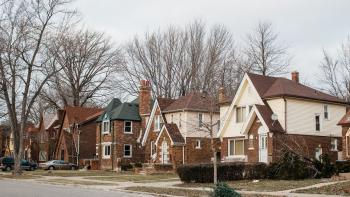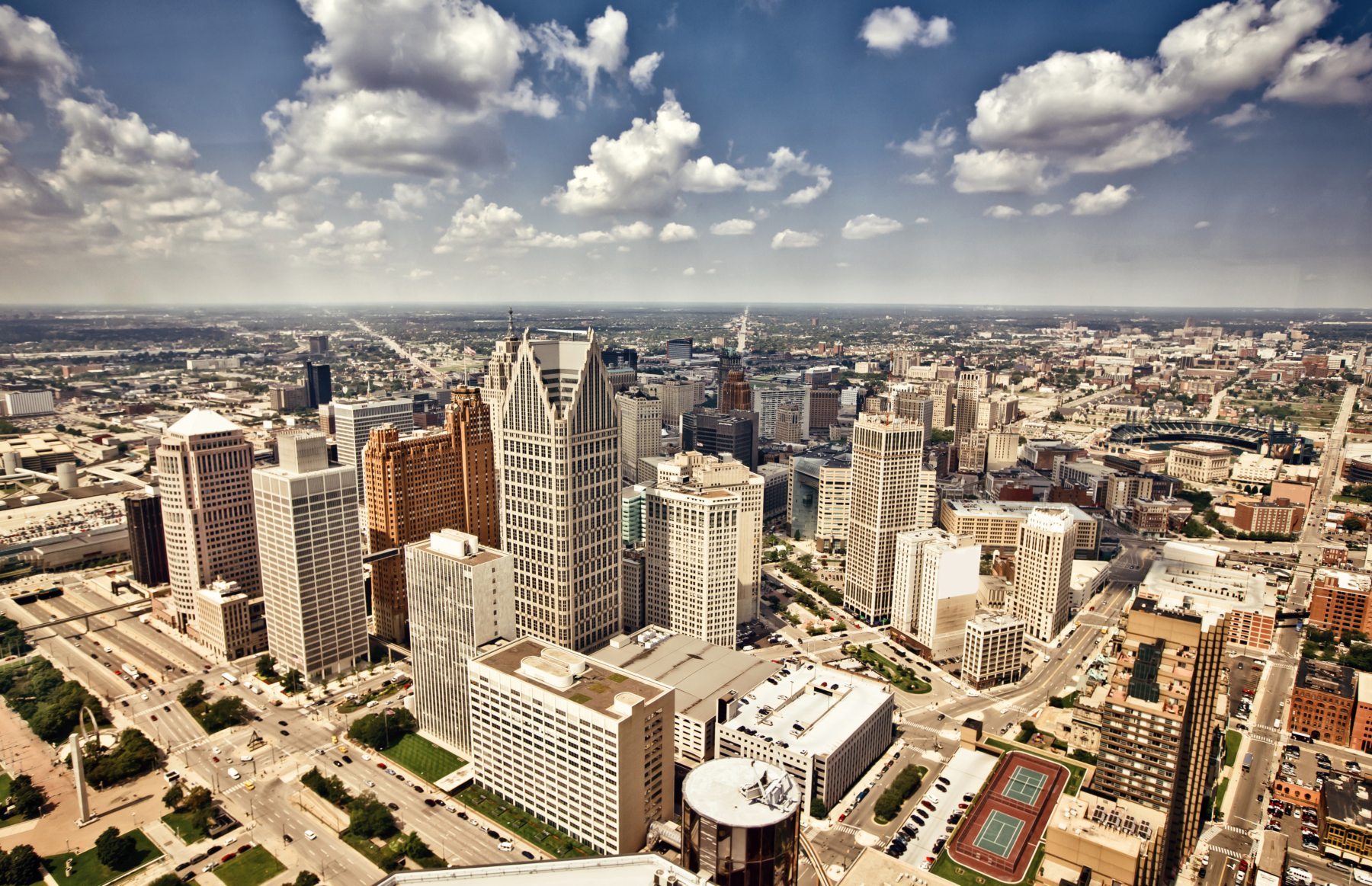
Detroit’s homeowners continue to reap the benefits of rising property values, with new data confirming substantial wealth gains across the city. A report from the University of Michigan’s Poverty Solutions, released Friday, highlights that property values surged by approximately $700 million between 2022 and 2023, pushing the total wealth increase from home appreciation over the last decade to an impressive $4.6 billion.
This latest analysis builds upon prior findings that showed an 80% rise in home values between 2014 and 2022. In 2014, the collective value of owner-occupied homes in Detroit stood at just over $4 billion, but by 2023, that figure had more than doubled to exceed $8.8 billion.
A Citywide Economic Shift
One of the most significant takeaways from the report is how these financial gains have extended beyond the city’s downtown core, benefiting Detroit’s majority Black communities. Mayor Mike Duggan has long challenged claims that Detroit’s revitalization has been limited to its central business district, and this data supports his argument.
“This is $4.6 billion in wealth that’s been created in our neighborhoods,” Duggan stated at a news conference in northwest Detroit. “So the next time someone tells you nothing has changed in the neighborhoods, you can remind them of these 4.6 billion reasons that prove otherwise.”
The report identified several areas that have experienced remarkable home value appreciation, particularly in historically underserved Black communities. Neighborhoods such as Jeffries and Condon on the west side, and Jefferson/Mack and East Riverside on the east side, saw property values skyrocket by more than 250%.
Overall, Detroit’s most disadvantaged neighborhoods in 2014—when Duggan took office—have experienced the sharpest increases, with median home values in these areas jumping by 276%. Meanwhile, areas with already higher home values saw more modest but still substantial gains of around 100%.
Tax Foreclosures Plummet
Another key highlight of the report is the dramatic decline in tax foreclosures. In 2015, Detroit recorded over 5,700 tax-related home losses. By 2023, that number had dropped to just 192—a sign that stabilizing property values and economic policies have helped more homeowners retain their properties.
As property values rise, home sale prices have followed suit. By 2023, the median sale price of a Detroit home reached $69,000. Newer data from real estate tracking firm Realcomp indicates that, as of February 2025, that figure has climbed further to $88,000.
A Balancing Act: Growth vs. Affordability
While rising home values are a positive sign of economic recovery, they also raise concerns about potential displacement. However, even with these gains, Detroit remains one of the most affordable major metropolitan areas in the country.
The timing of this report aligns with Duggan’s growing political ambitions. As he makes a bid for Michigan’s governorship, he has emphasized Detroit’s economic resurgence as a key part of his campaign. In his final budget proposal as mayor, Duggan has also proposed a 3-mill property tax cut for Detroit homeowners, a measure he claims could save residents hundreds of dollars per year.
University of Michigan professor Jeffrey Morenoff, who led the study, echoed Duggan’s message, noting that the wealth growth has been equitably distributed.
“This isn’t just a story about rising home values for white homeowners,” Morenoff said. “This is about people of color who weathered economic hardships, stayed in Detroit through the Great Recession, and are now seeing their persistence pay off through home equity gains.”
As Detroit continues its recovery, the rising tide of home values is reshaping the city’s economic landscape, providing homeowners with newfound financial security while ensuring that wealth creation extends beyond its downtown core.

